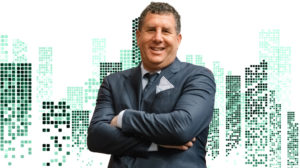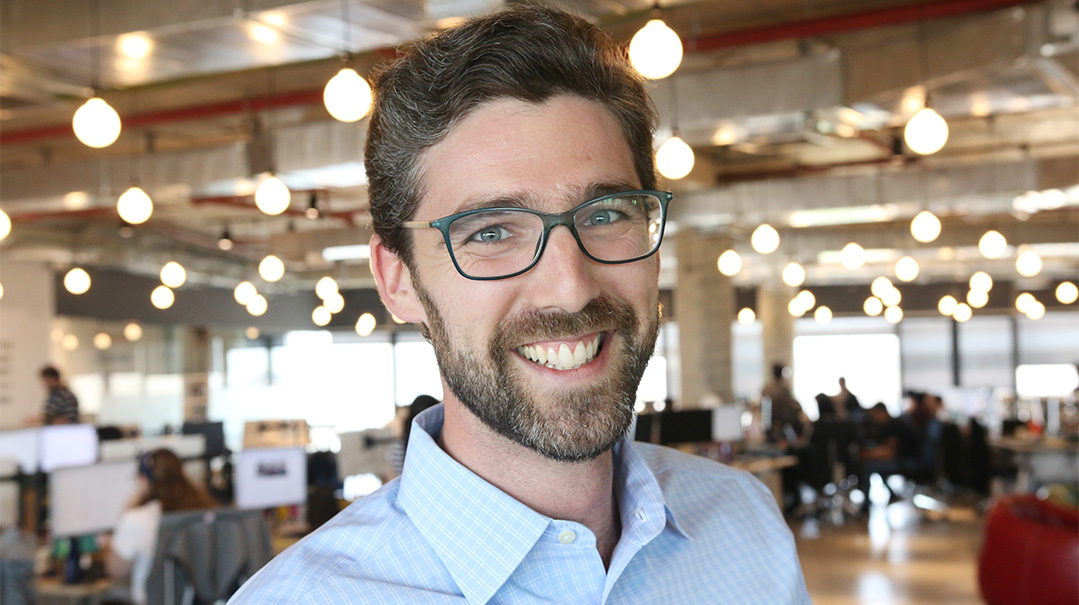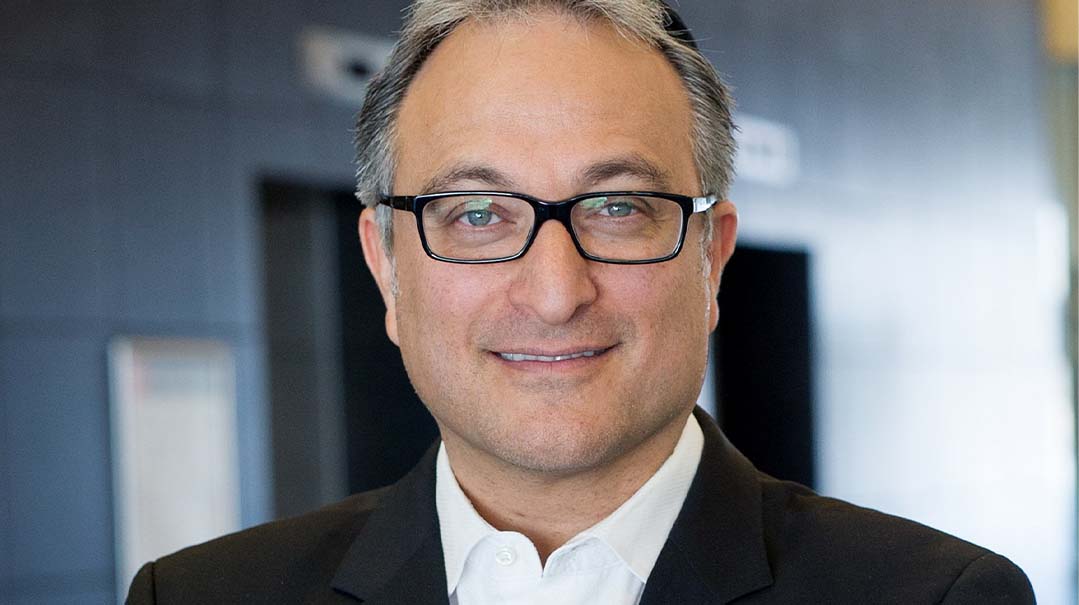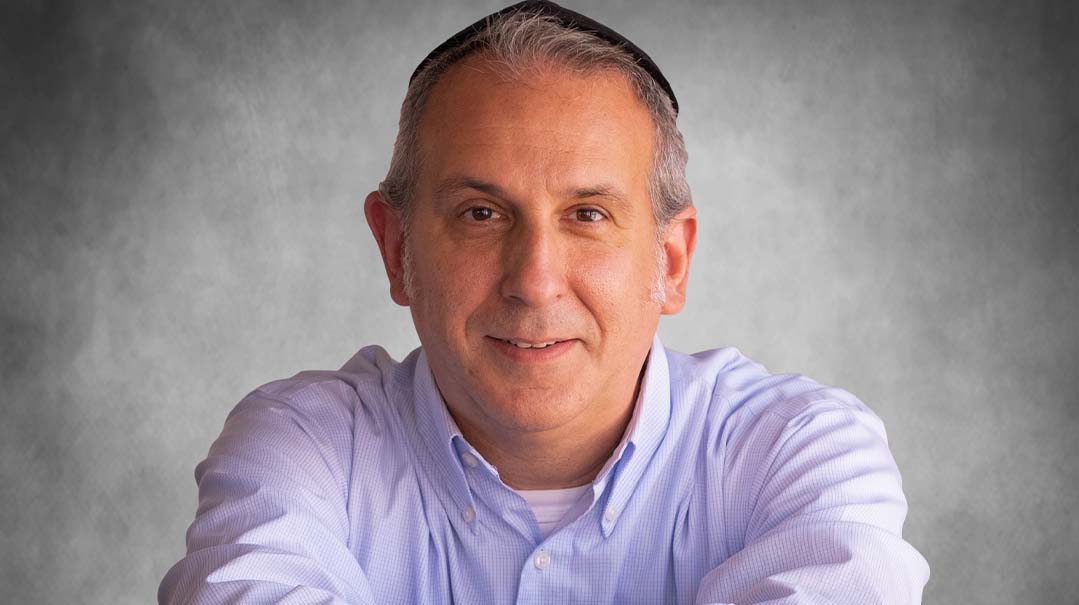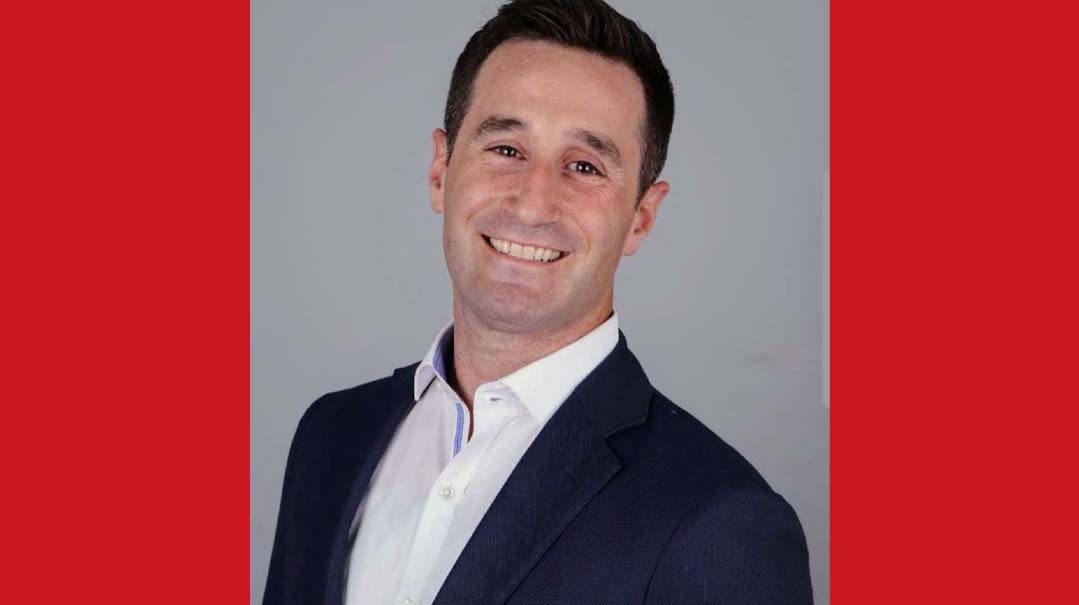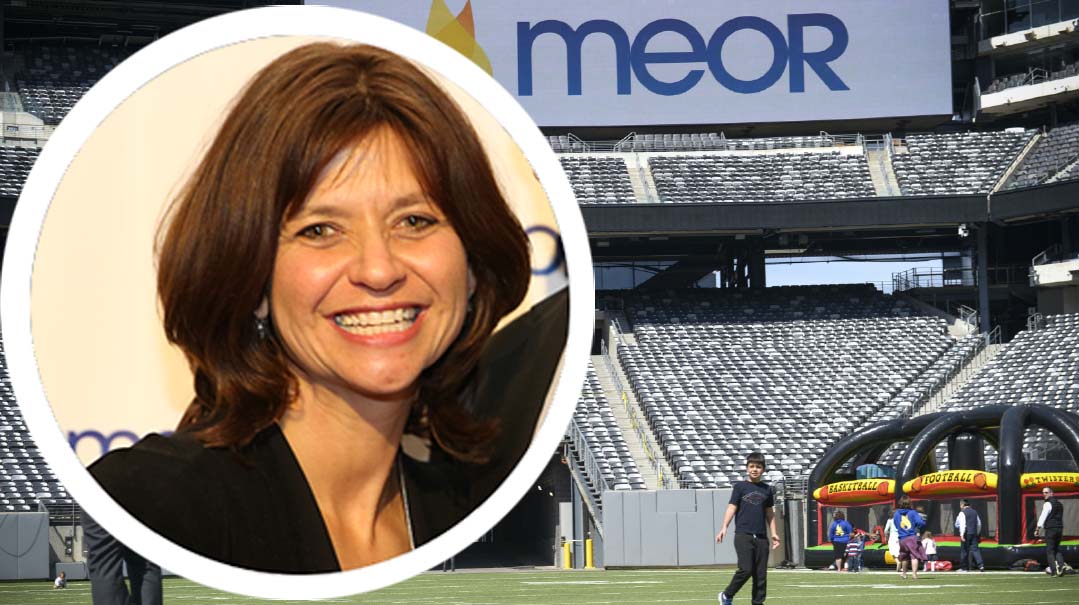Work/Life Solutions with Marc Lesnick

"If we don’t constantly seek to improve ourselves, we won’t increase our 'value'"
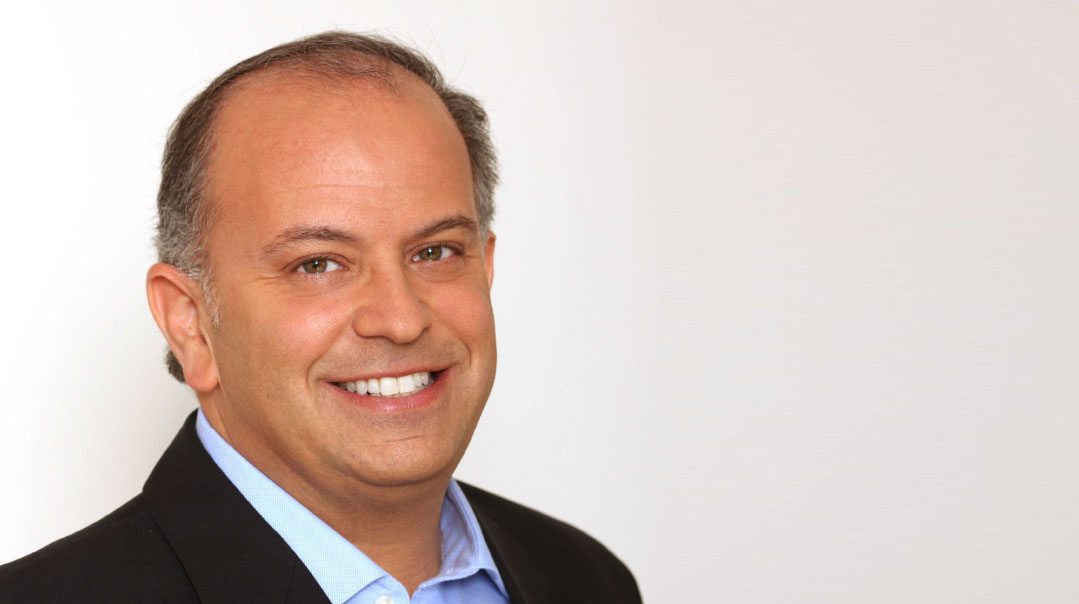
Who Marc Lesnick, partner at Fortissimo Capital
What Fortissimo Capital is an Israel-based $1.6 billion private equity fund that specializes in investments in high-tech and industrial companies, and Marc has been a partner at the fund since its inception in 2004. (Some of the fund’s prominent exits have included investments in SodaStream, Komit, NUR Macroprinters, Cadent, AOD, and Starhome.) Prior to joining Fortissimo, Marc was the managing director of Jerusalem Global, and later part of the founding team of a spin-off. Prior to moving to Israel and joining Jerusalem Global, Marc served as a senior corporate attorney at the New York offices of Weil, Gotshal & Manges, where he led several Israel-related transactions and represented leading financial institutions.
Where Marc was born and raised in New York, received his BA from Yeshiva University, and then his JD from the University of Pennsylvania. He made aliyah in September 1997 directly to Beit Shemesh, where he still resides. He and his wife, Tamar, have five children (ages 18–29) and two grandchildren.
Why How many people do you know who write seforim, learn three-plus hours a day, maintain close relationships with gedolei hador, and proliferate Torah on the Internet — all while running a billion-dollar private equity fund? Well, Marc Lesnick does. He’s a brilliant businessman who’s deeply rooted in learning and teaching Torah and inspiring others to lead a Torah-centered life. Furthermore, he synthesizes his Torah knowledge and business acumen to teach a course on Jewish business ethics, and for the past seven years, he’s been giving a weekly Shabbos shiur to soldiers in his community. In fact, he was so passionate about Rabbi Shalom Rosner’s parshah shiurim that he spent countless hours compiling the content himself, turning it into the recently published sefer, Shalom Rav. He also has a strong personal relationship with Rav Asher Weiss, which developed after a chance encounter at a kosher hotel in Switzerland where they were both staying one summer. He’s created a website entirely dedicated to disseminating Rav Asher Weiss’s hundreds of shiurim to Jews all over the world, and as busy as he is, makes sure to drive Rav Weiss home from his weekly Thursday night shiur in Ramot. Marc attests that the relationship has had a tremendous impact not only on him but on his entire family.
1 of 9 What opportunities or personalities played a key role in your career?
My father is a businessman who founded and manages an equipment leasing company. He’s also a rabbi who received his semichah from Rav Gustman ztz”l. Each night my father would study Gemara for several hours after he returned from work, and he would teach a Gemara shiur on Shabbos. He was the one who taught me the importance of combining business and the study and practice of Torah.
On one of my business trips to Israel I sat next to Shlomo Kalish. Shlomo was a fighter pilot in the Israeli Air Force who received a PhD from MIT and later became a baal teshuvah and Lubavitcher chassid. He founded a boutique investment bank in Israel that raised money for start-ups. I eventually accepted his offer to manage his operation and that triggered my own family’s aliyah. He personifies an individual who combines both worlds — of Torah and business — without compromising.
Fifteen years ago I joined Yuval Cohen, who was starting Fortissimo Capital Fund, one of the first private equity funds in Israel. I continue to learn a great deal from Yuval, who has tremendous financial acumen, but more importantly, who is an unbelievable mensch.
2 of 9 Which three character traits have played a key role in your career path?
Honesty. At times in business, people feel they can bend the rules in order to gain a business advantage. The most important principle to my mind is honesty. I do my best to adhere to it and expect it from my partners as well. If I identify something untruthful in a potential partner or individual regarding a transaction, I prefer to walk from the deal. If you can’t trust someone, it will be difficult to do business with him.
Patience. Today people seek instant gratification. No matter what the field, they expect to be able to achieve their goals immediately. But I’ve learned the virtue of patience, that one tries his best with the innate understanding that achieving one’s objective often takes longer than anticipated. And there are no shortcuts. If you want a promotion, you have to work your way up.
Respect. I’d like to disprove the well-known cliché, “nice guys finish last.” It’s a small world, and you’re likely to come across the individuals you’re negotiating with today in a different context later on. So it’s important to always treat people with respect, even during a heated negotiation. What I have come to recognize is that the most successful deals are when both sides are satisfied with the result. Always strive to create a win-win situation.
3 of 9 What do you do to relax, recharge, or simply have fun? How do you make time for that, and how often?
I enjoy spending time with the family, and I try to plan family trips so we can spend extended time together.
4 of 9 What was your most resounding failure? What did you take away from that experience?
When I was involved in raising funds for start-ups, I learned that not all start-ups succeed. In fact, most fail. I’m now investing in private equity transactions, where there is no technology risk, only execution risk — something that’s manageable. Most often, we’re able to structure transactions with downside protection. I’m able to sleep better at night knowing that it’s unlikely we’ll lose money on an investment.
5 of 9 If you were granted an extra three hours a day or a spare million dollars, what would you do with that time or money?
I wish I had more time in the day to learn. I learn with a chavrusa twice a week after minyan in the morning. Then I listen to shiurim on my way to and from work (an hour each way). When I return home, I spend another two to three hours learning. Over the past two years I published Rav Shalom Rosner’s inspirational divrei Torah on the parshah (called Shalom Rav), and I’ve been using Rav Rosner’s Torah in a weekly shiur I give to young adults each Shabbos. If I had more time, I would publish more of Rav Rosner’s material.
6 of 9 What is the most inspiring feedback you’ve ever received? Did that impact what you did next?
I once asked Rav Asher Weiss if I should accept a request to give another shiur or spend that time learning something of interest for myself. Rav Weiss said, “Give the shiur. If I ever want anything done, I assign that task to the busiest person in the room — they’ll get it done!” Rav Weiss suggested that I add five minutes a day to learn something of interest and miraculously I’d see over a short period of time that those five minutes turn into ten minutes… and eventually I will find 30–45 minutes a day to learn new material. Obviously, he was right.
7 of 9 If you were asked to deliver a TED Talk that would be watched by 50 million people, what topic would you choose to speak about? Why?
I’ve given many shiurim on business ethics. It’s something most people relate to, and there are many interesting ethical dilemmas in which people really do want to make the right decision in various scenarios.
If the audience were Jewish, I would highlight the use of Torah and halachic sources, which can be used to address even the most complex modern ethical issues. Let’s take the example of autonomous vehicles that are projected to be up and running in the near future. One such dilemma involves a scenario in which a child runs into the street, and there is not enough time for the vehicle to stop. So, do you direct the car to continue and hit the child, veer to the right, which will cause it to hit an older woman sitting on a bench, or veer to the left and hit a tree where you may cause injury to the passenger. Using Talmudic sources that deal with other cases relevant at the time, we can deduce what halachah would dictate in these types of modern ethical dilemmas.
8 of 9 Can you share a time when you had to navigate the tension between your deepest values and the business world?
All my partners are wonderful people — Harvard Business School graduates, fighter pilots, and former soldiers from the elite sayeret matkal. Yet I’m the only religious member of the fund, and with that comes a certain responsibility. I try to make certain everything I do is squeaky clean, so it will serve as a kiddush Hashem. Over time, after seeing that I’m consistent in my beliefs, my colleagues have come to respect my religious lifestyle. The food in the office is all kosher and they never send me any e-mails or WhatsApps on Shabbos. Yet, no matter how close we are and the great respect we have developed for each other, I’m still told at times, when it comes to taking clients out, “Marc, you don’t have to come to dinner tonight.” That’s because they prefer to eat at a nonkosher restaurant.
Before Rosh Hashanah we have a toast for the new year and I’m always asked to say a brief devar Torah. I once asked Rav Asher Weiss what to discuss, and he told me not to mention G-d, but rather to focus on mitzvot bein adam l’chaveiro — something that they can relate to. He quoted Winston Churchill (to my great surprise) who said, “I love to learn but I hate being taught.” In other words, smart people like to learn, but get turned off if they feel you’re trying to give them mussar.
Rav Weiss suggested that I speak to them in their language. I ended up using an example from the investment world to highlight the significance of Rosh Hashanah. I explained how, at the end of each year, we evaluate the performance of each of our companies. Did they achieve their budgets? What improvements are required to enhance performance next year? If the company’s metrics do not improve but remain flat, then the market will not increase the value they place on the company. Similarly with us as individuals — we need to take stock in ourselves, to consider what we need to improve, what we accomplished last year and where we fell short of our expectations. If we don’t constantly seek to improve ourselves, we won’t increase our “value.” They responded so well to this that now I have a weekly chavrusa with three of my partners.
9 of 9 If you were advising a young man or woman hoping to launch a career as an entrepreneur, which “do’s” and “don’ts” would you share?
After high school I learned at Yeshivat Har Etzion for a year and a half. Before I left, I sat with Rav Aharon Lichtenstein to discuss my future. I informed Rav Lichtenstein of my intention to eventually make aliyah and that I was considering studying dentistry since I was told you can create a flexible schedule, be able to learn in the morning, work in the afternoon, and earn a respectable living. Rav Lichtenstein began to giggle. I didn’t understand what was so funny. It was a question dealing with my future. Rav Lichtenstein explained, “I cannot tell you what profession to undertake. All I can tell you is to select something you enjoy, and then you’re bound to be successful.” I left the room disappointed and not at all able to comprehend Rav Lichtenstein’s statement. It was only years later that I understood these simple yet profound words of wisdom. Many of my friends wanted to become investment bankers. When the market crashed in 1987, they all decided to go to law school instead because investment banks were firing and law firms were hiring. These individuals were miserable as lawyers and left the profession within two to three years. Other friends had a drive to go into education, so they started as teachers and later became successful principals and administrators. It was then I understood that when you have to wake up and go to work every day, it’s crucial that you enjoy what you’re doing and look forward to doing it again tomorrow. So the best advice for someone starting out is to select an area you’re passionate about. If you dislike your job, even though you like your pay, you’ll end up cutting corners and eventually fail. But if you’re excited about your job, if you love what you do, you’ll be satisfied and successful.
(Originally featured in Mishpacha, Issue 798)
Oops! We could not locate your form.



